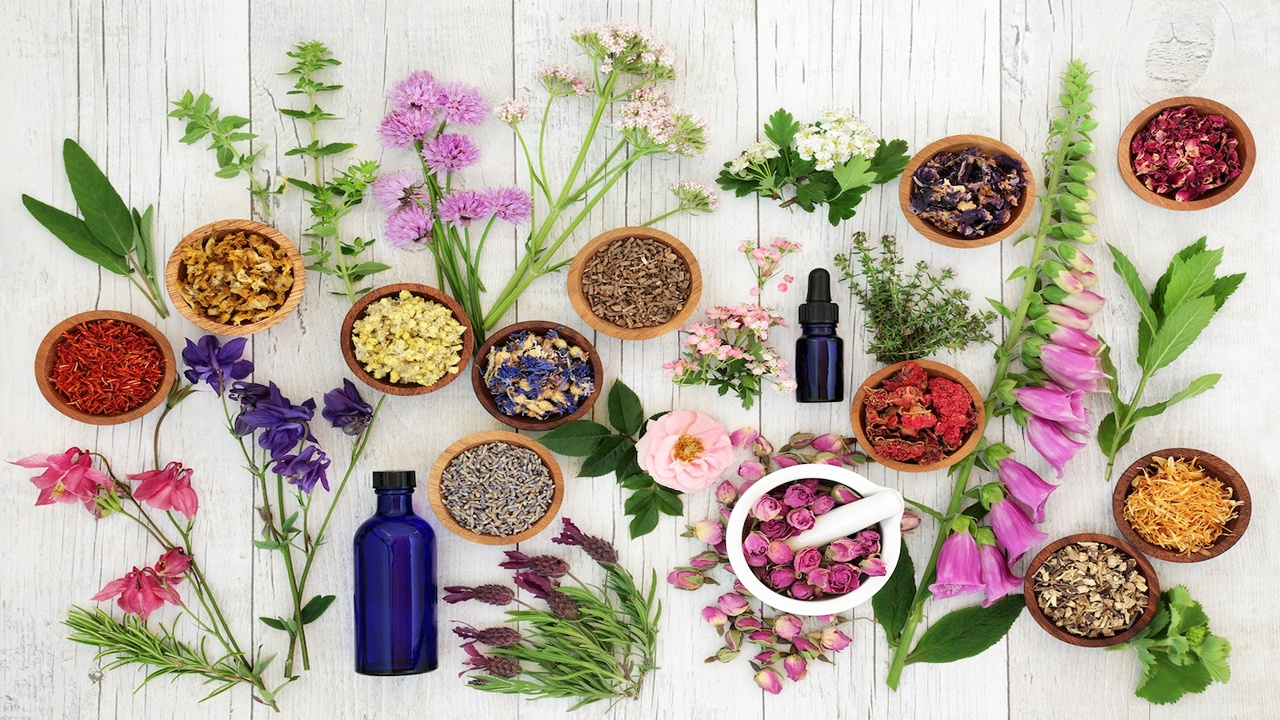Aromatherapy practice is a mixture of science and art. It refers to a holistic healing treatment that utilizes natural extract from plants to promote an individual’s well-being. Aromatherapy is also known as essential oil therapy. Medicinally, it uses aromatic essential oil to enhance the body’s health, spirit, and mind. Furthermore, it also improves both emotional and physical health.
The benefits to your senses

Individuals collect information with the ability of their 5 senses and teach themselves to traverse the world around them with sound, touch, smell, sight, and taste benefits. The sense, embedded in the physical domain, also alleviates the immaterial domain. Less tangible phenomena like memory can be influenced by aromatherapy.
The olfactory structure, linked to its bulb in the brain’s anterior region, signals the limbic structure located in the brain, where the memory identifies odor. Effectively, aromatherapy blows into people’s sense of odor and all cultured memories through their lives as a way to control emotion and mood. For instance, when an individual has childhood recalls of baking Thanksgiving tarts by his grandmother, likely, some years later, the odor of fresh-baked apple tarts will immediately draw the remembrance to the individual’s mind.
The occurrence of this marvel in the human brain releases chemicals that make us calm and relax. Such a direct link between the body and mind is the core of aromatherapy.
Use of aromatherapy in a therapeutic situation

Aromatherapy uses ordinary essential oil to enhance physical and mental well-being. The essential oil comprises various properties and conveys several benefits depending on the particular oils and how they are used and blended. Individuals receiving massage usually request essential oil due to its ability to add another complexity level to the healing process.
Essential oil gets into the people’s body through skin and nose to re-establish a sense of stability in the mind and body, thus also promoting health. Some essential oils have therapeutic qualities that aid in reducing pain and inflammation, while some are thought to improve the body’s immune system.
One of the greatest critical aromatherapy features is its accessibility. A hot shower improved with a little lavender oil drops can offer a soothing therapeutic breathing space. The lightweight notes of grapefruit, peppermint, and ginger can assist to release fatigue. The basil, lemon, and cypress aroma are known to enhance cognitive purpose.
Sources of the essential oil

Essential oils can be extracted from stems, bark, leaves, flowers, and plant roots. The whole plant can produce oil, and thus it mirrors aromatherapy and treats an individual. Since essential oils are extremely concentrated, there are diluted transporter oils like grape seed oil, avocado oil, and jojoba oil. In such a state, it is added easily to skin creams or diffused into the air through incense or candle. Essential oils when diluted with the appropriate amount of water can be scattered into the atmosphere in the form of a spray mist.
Some of these oils are harmful when used in an undiluted form; thus, since they can cause skin irritation, they are utilized in small portions with the direction of an expert. When obtaining or buying essential oils, it is vital to choose excellent natural oils, free of artificial, chemically manufactured oil.
Still, it is essential to be guided by an expert who perfectly understands essential oils’ nuance, proper use, and guides. Aromatherapy can play the role of a cause of change during periods of illness and stress. You may be astonished at what you will identify concerning the impacts of aromatherapy on your body and mind.